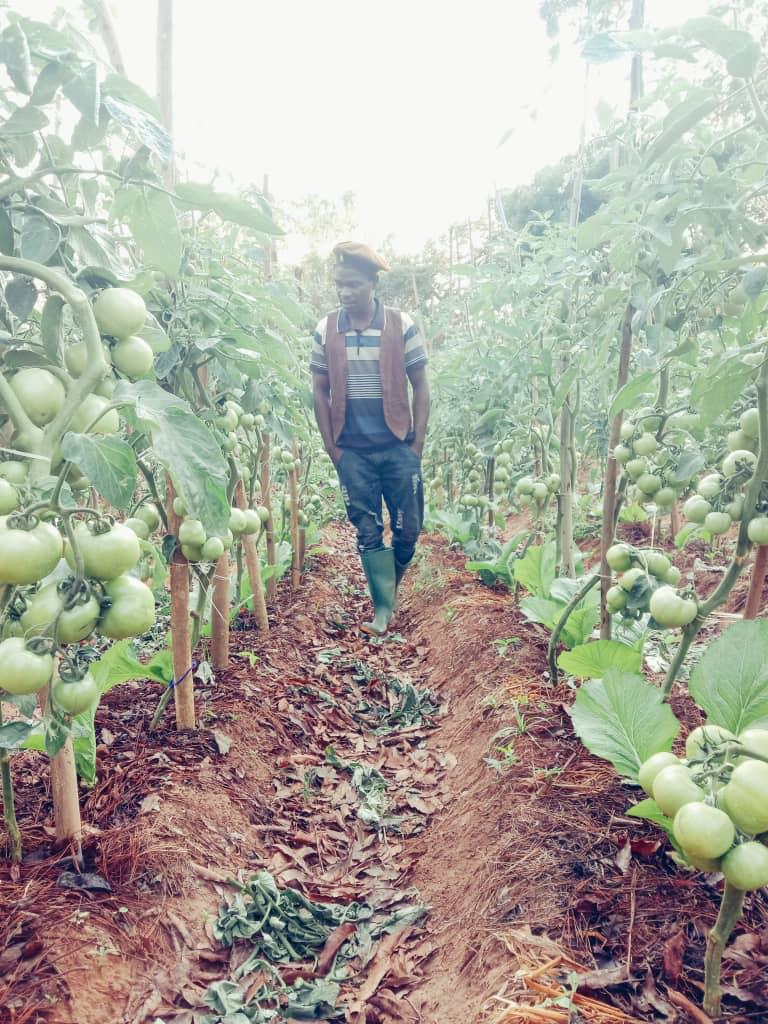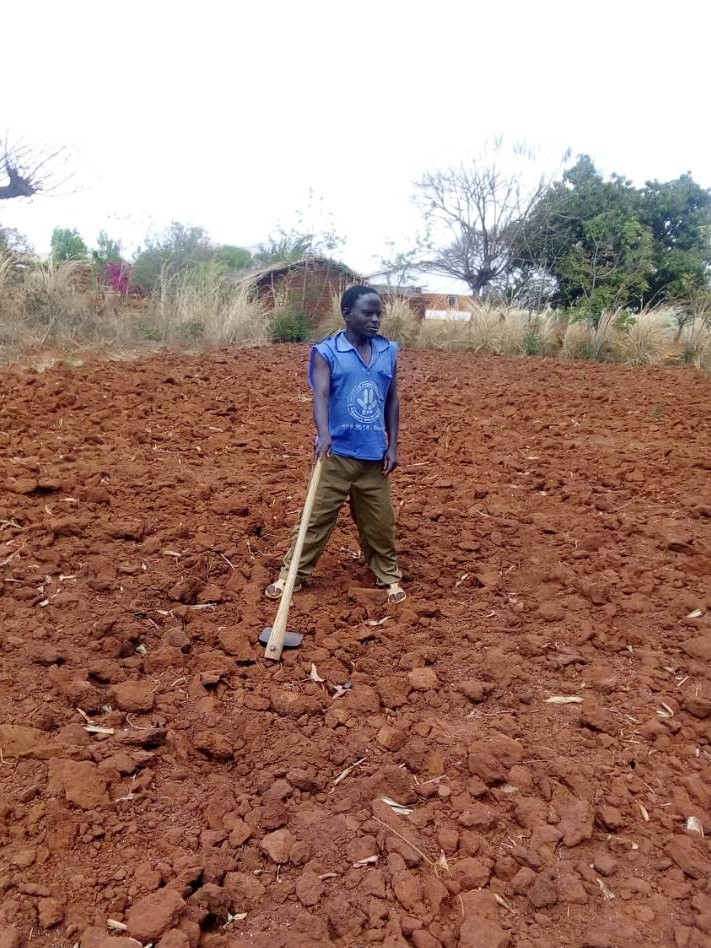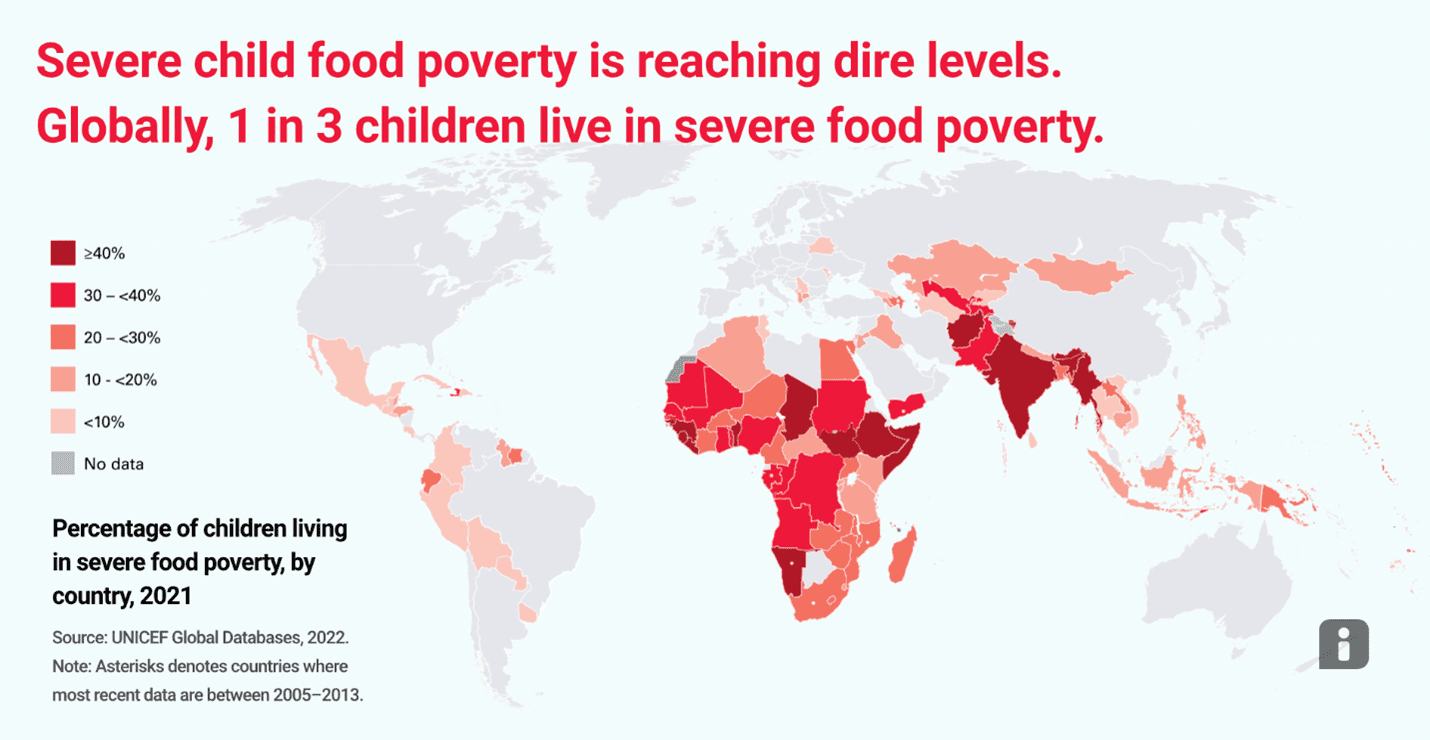As we approach World Soil Day on December 5th, it’s crucial to reflect on the current state of our planet’s soil health and explore sustainable solutions. Soil degradation poses a significant threat to global food security, environmental sustainability, and economic stability.
The Current State of Global Soil Health
Soil degradation is a pervasive issue worldwide. The Food and Agriculture Organization (FAO) reports that approximately 33% of global soils are moderately to highly degraded due to erosion, salinization, compaction, acidification, and chemical pollution. This degradation compromises the soil’s ability to function effectively, leading to reduced agricultural productivity and increased vulnerability to climate change.

Above: A Malawi farmer inspecting his Deep Bed field.
Past studies estimated that erosion costs the United States about $8 billion each year and that globally, it reduces agricultural food production by 33.7 million metric tons per year.
The American Reality Bubble
In America we easily forget the state of things around the world. This includes the devestating effects of the climate crisis, something this nation is largely responsible for. America is in far better shape in terms of food production than most African nations. Globally, the climate crisis, coupled with harmful industrial farming practices have left millions homeless and without airable land to farm for food. Our focus on elevating voices for environmental sustainability gives us a direct view to the human rights issue of food poverty in places it has affected the most.
Above: Global child poverty map based on 2021 data.

Above: A Malawi farmer breaking hardpan soil.
A Climate Smart Solution
We were connected with Tiyeni through work with the Soil Food Web School. Working with Tiyeni has given us a shocking education in just how bad things are in countries like Malawi, where there are 2 million smallholder farmers who are struggling to feed their families more than one meal a day.
Tiyeni is helping farmers in Malawi feed their families by teaching climate smart agriculture techniques like deep bed farming. This method of preparing crop beds has produced extraordinary results.
Many African nations that rely predominantly on agriculture to survive have a problem with compacted soil called hardpan. Tiyeni’s Deep Bed Farming method breaks the hardpan once, and then the ground is never walked on again. Instead, compost and cover crops are used to build up soil layers. Farmers see double the yields in the first year and 12 times the profitability 5 years. There’s enough food to feed the family and surplus to fund children’s education or home improvements.
Elevating Voices
We’re producing a documentary about Tiyeni’s success to raise awareness and drive more funding to expand operations beyond Malawi.
Healthy soil is critical to sustaining life on Earth. It’s not optional. Adopting Climate Smart agriculture practices like Deep Bed Farming, intercropping, cover cropping, and composting can restore soil health, enhance agricultural productivity, and provide economic benefits. Supporting initiatives such as Tiyeni’s DBF in Malawi exemplifies how sustainable practices can address both environmental and socio-economic challenges, paving the way for a more resilient and food-secure future.

